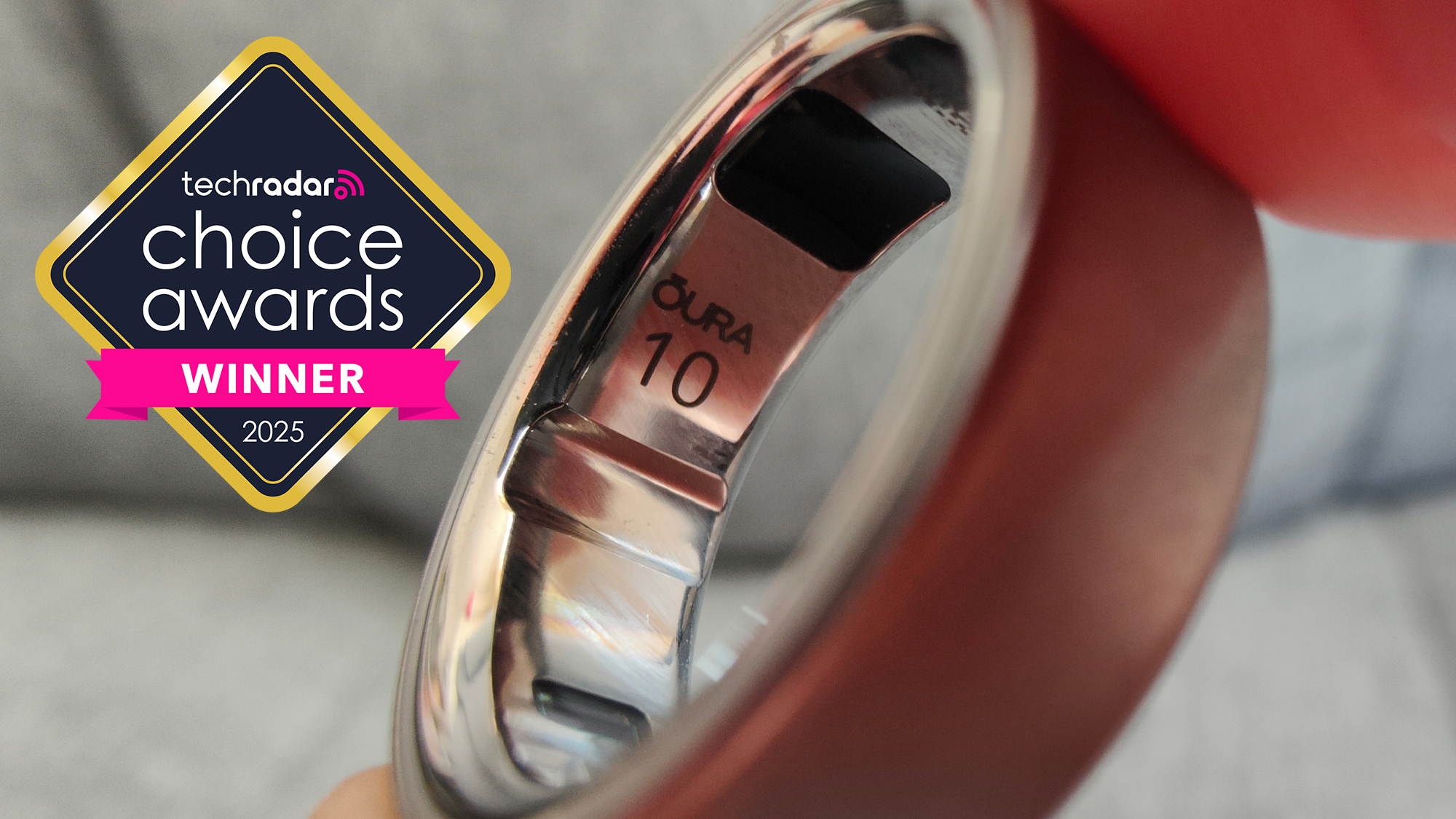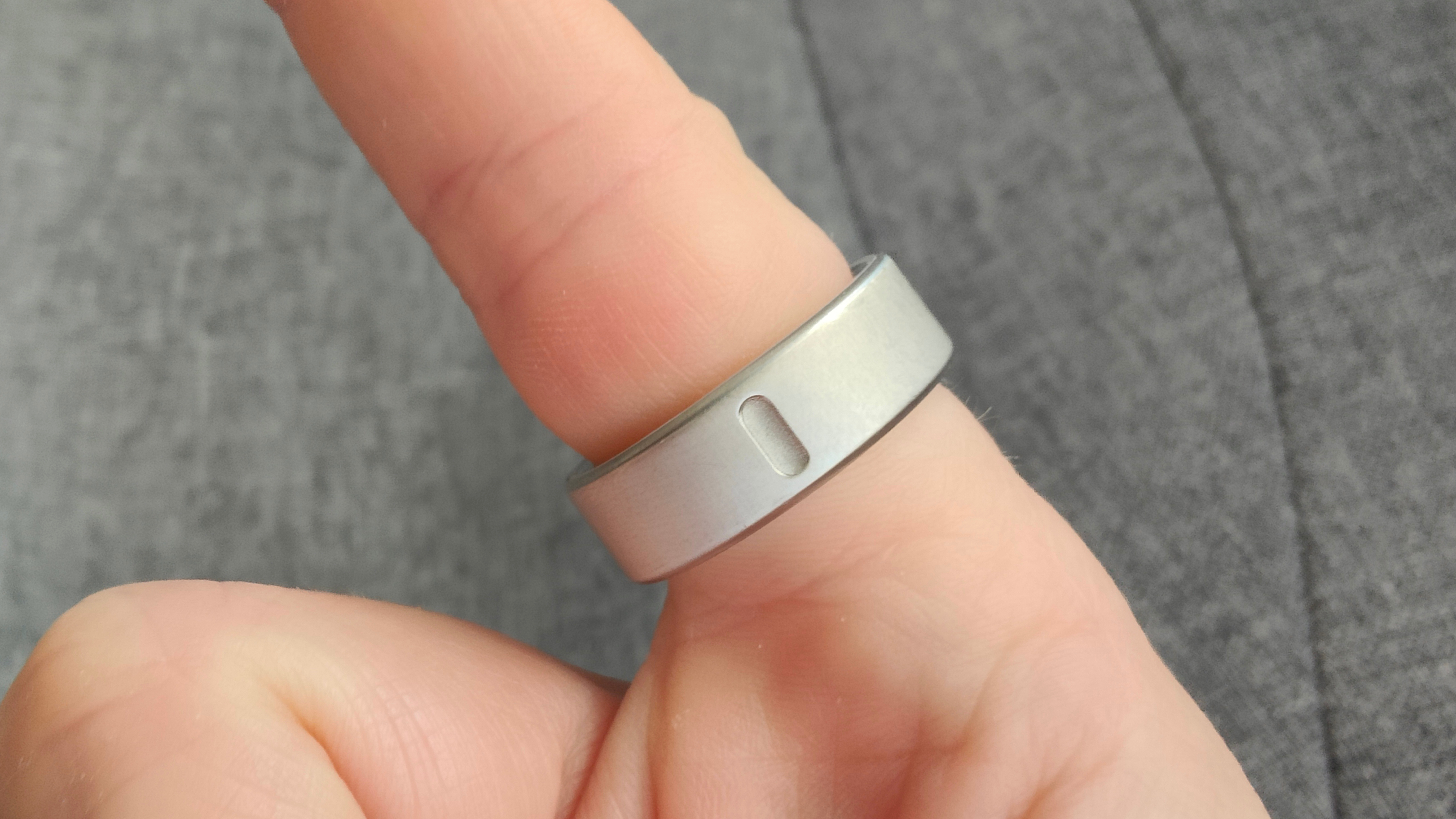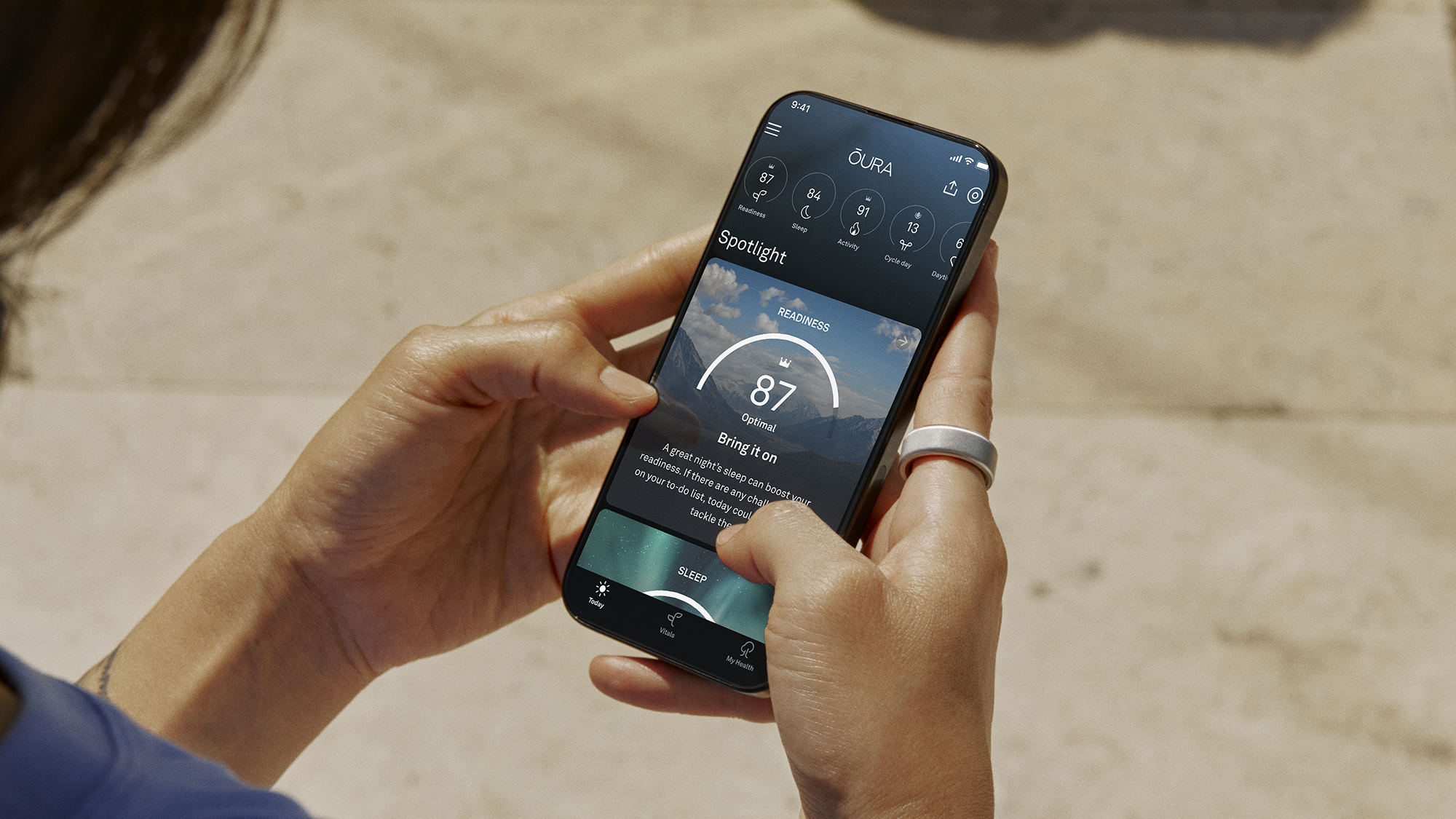Why the Oura Ring 4 earns our Health & Fitness Device of the Year award, beating a ton of elite smartwatches and a seriously impressive ebike
The Oura Ring 4 is leading the charge in minimalist, software-driven technology

Our Health and Fitness Device of the Year in the TechRadar Choice Awards 2025 isn't a big, rugged smartwatch, although you could be forgiven for assuming it might be: we saw a lot of these from the big players in that space. No, for our pick of the litter this year, we went smaller, opting for the excellent Oura Ring 4, one of the best smart rings.
It's not an extensive list. Once you take out the brandless, cheap electronic rings populating the likes of Temu and Amazon, there are only a few names in the smart ring space, notably Oura, Samsung, Ultrahuman, Circular, Amazfit and Ringconn – and Samsung and Ultrahuman didn't have eligible entries this year.
Nonetheless, Oura didn't just beat out its contemporaries here, but all the offerings from the likes of Apple, Samsung, Garmin, Specialized, Amp, Suri and all our other winners in the fitness and health area.
Oura is notable for its robust research-based approach to creating a wearable capable of delivering high-quality metrics, its redesigned sensors measuring resting heart rate at 99.9% reliability compared to a medical-grade electrocardiogram, or ECG. That's wild, as the kids say, and it's top of the scientific heap when it comes to the best sleep trackers, too.

Oura has tried to embed itself into the scientific world, using its user data and accurate metrics to advance the fields of holistic wellness and human recovery science. Oura collaborates with researchers to study the effects of sleep, stress, pregnancy and even addiction, using its advanced algorithms and technology to help further its target areas.
It was one of the first wearables to debut an AI health advisory service in its companion app, an LLM that could reach into the app and use your data to provide you with actionable insights on demand. Actually useful insights, I found during my testing, not the generic slop you often get with poorly-trained models and incomplete data.
I was initially quite concerned about the privacy implications of all this, but interviews with senior Oura executives have assuaged my concerns. Oura certainly seems about as well-protected as it gets for a wearable handling sensitive personal data.
Sign up for breaking news, reviews, opinion, top tech deals, and more.
On that front, concerns this year about a partnership with notorious data spook firm Palantir proved unfounded, as Oura keeps its customers' data separate from the data it collects from the US military via its contract with Palantir. But it couldn't avoid the bad press from the association: most people wisely don't want their wearables anywhere near such intelligence firms.

Back to the nuts and bolts of using the ring, the Oura Ring 4 is as good a "set and forget" wellness tracker as I can imagine it's possible to wear. The Ring 4 can automatically detect and log up to 40 different kinds of workout: it certainly had no issue with my regular runs, although it doesn't quite give me the kind of granular stats I get from the best running watches.
It uses your sleep information, heart rate variability, skin temperature and other metrics to flag up possible illnesses before you know about them, using its Sympton Radar feature. Combined with self-reported information about your day through Oura's tagging system (allowing you to highlight caffeinated and alcoholic drinks, mindfulness sessions, naps, flights and other contextual information for your own reference) over time you get a complete picture of your health.
As a sleep tracker and as a daily holistic health tracker, it's superbly accurate. Oura's VP of consumer software product, Jason Russell, told me last year that "if you're dancing at a wedding, we want to know about it before you tell us," and I believe it's possible.
Oura wasn't chosen as our Health and Fitness Device of the Year because it's the best smart ring – in fact, it doesn't top our list because the Samsung Galaxy Ring doesn't require a subscription, making the Samsung model slightly better value to many users over the long term.
Oura gets our vote because even after basically inventing a category of wearables on its own, it's still trailblazing in terms of science, accuracy and style. Oura even debuted its new pastel-colored Ceramic model this year, while its rivals are still sporting gold- and silver-plating over plastic. Oura's a premium product that's certainly not for everyone, but its spirit of science and innovation takes the crown.

Matt is TechRadar's expert on all things fitness, wellness and wearable tech.
A former staffer at Men's Health, he holds a Master's Degree in journalism from Cardiff and has written for brands like Runner's World, Women's Health, Men's Fitness, LiveScience and Fit&Well on everything fitness tech, exercise, nutrition and mental wellbeing.
Matt's a keen runner, ex-kickboxer, not averse to the odd yoga flow, and insists everyone should stretch every morning. When he’s not training or writing about health and fitness, he can be found reading doorstop-thick fantasy books with lots of fictional maps in them.
You must confirm your public display name before commenting
Please logout and then login again, you will then be prompted to enter your display name.